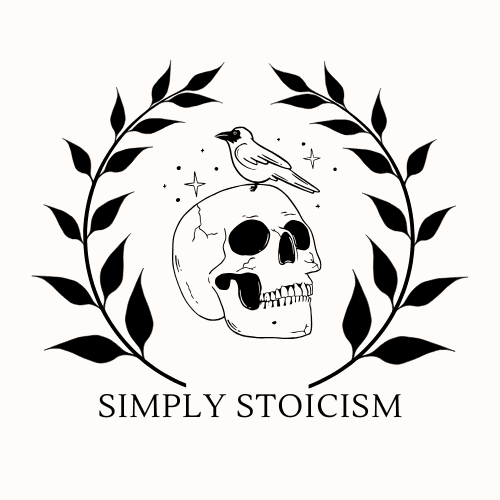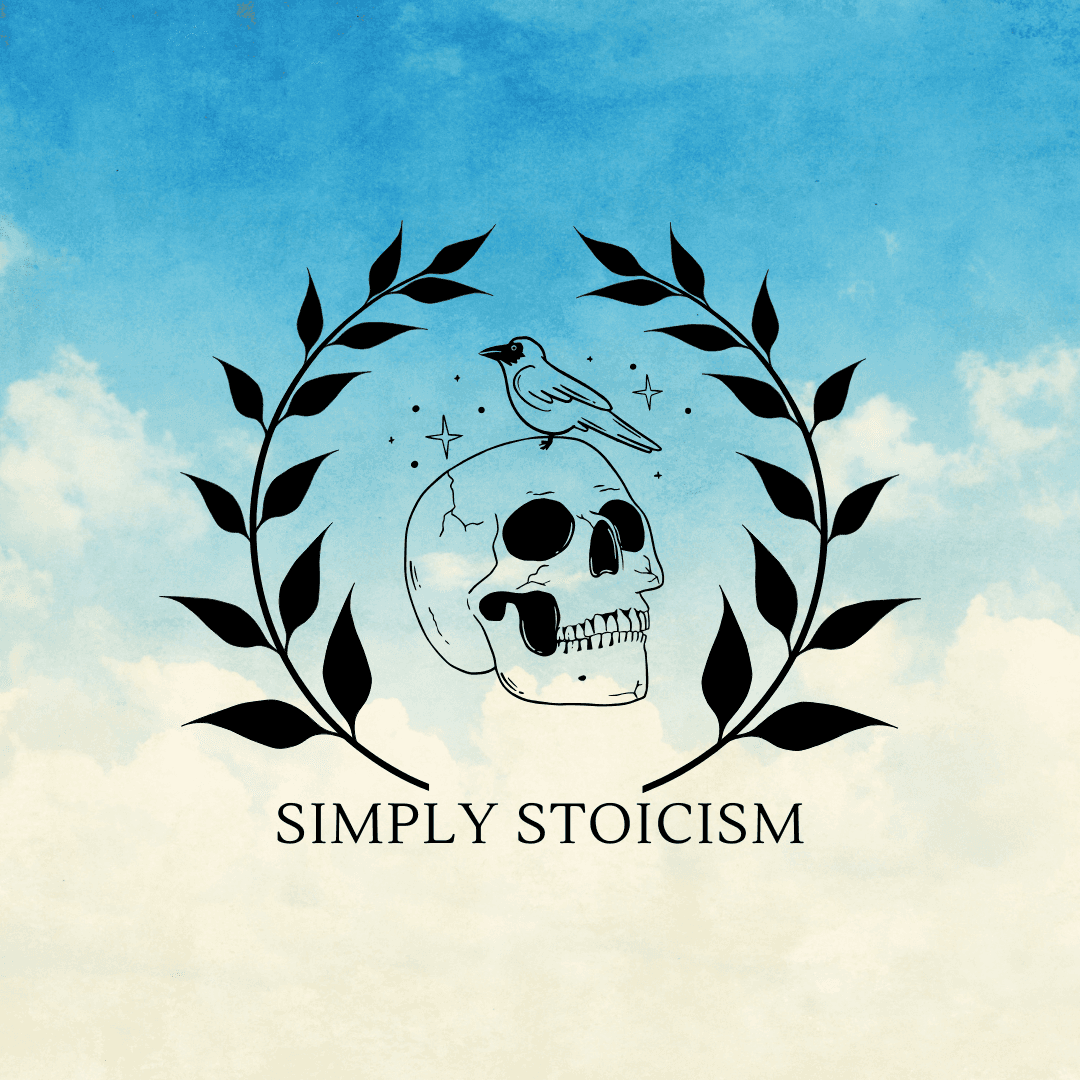Stoic Quotes for Professional Growth: How Ancient Wisdom Can Transform Your Career
Elevate your career with the wisdom of Stoicism. Discover 12+ powerful quotes from Marcus Aurelius, Epictetus, and Seneca to transform your professional mindset.

Jon High
·
Dec 16, 2024
Ever feel like you're navigating a minefield of deadlines, difficult colleagues, and that nagging feeling of "imposter syndrome"? Just last week, I was drowning in a sea of urgent emails and project requests, when I stumbled across a quote from Seneca that stopped me in my tracks. It wasn't some generic "be positive" platitude, but a sharp, practical observation about the nature of our reactions to stressful situations. It made me pause, rethink my approach, and ultimately, face my work with a renewed sense of calm and purpose.
It turns out, those Stoic philosophers from ancient Greece and Rome weren't just thinking about philosophy for philosophy's sake. They had real insights into how to handle life's challenges. And this wisdom is incredibly applicable to our modern, hectic professional lives. Are you ready to discover how their timeless principles can help you navigate your career's ups and downs with greater clarity and confidence?
The Foundation of Stoic Thought: Perspective and Control
The cornerstone of Stoicism is this: while we can't control what happens to us, we absolutely can control how we react. This distinction is essential for professional growth.
1. “You have power over your mind – not outside events. Realize this, and you will find strength.” – Marcus Aurelius
This is the bedrock of Stoic thought. How often do we let external forces – a demanding boss, a tight deadline, a critical email – dictate our mood and productivity? The Stoics argue that your response is what truly matters.
But here’s what most people miss: Stoicism isn't about suppressing emotions; it's about acknowledging them and choosing how they influence our actions. It’s about recognizing your own power to choose.
2. “It's not what happens to you, but how you react to it that matters.” – Epictetus
This quote reinforces the idea that our perceptions are more important than the events themselves. You might be wondering, how can I apply this to my everyday work?
This is where it gets interesting: It means that even when facing setbacks, you can choose to focus on solutions rather than dwelling on problems.
3. “We suffer more often in imagination than in reality.” – Seneca
Seneca’s words are a powerful reminder of how much we torment ourselves with anxieties. How many times have you worried about a presentation only to find it goes perfectly smoothly?
Focusing Your Energy Where It Counts
The Stoics were masters at prioritizing. They understood the value of focusing energy on what's within our control.
4. "The chief task in life is simply this: to identify and separate matters so that I can say clearly to myself which are externals not under my control, and which have to do with the choices I actually control. Where then do I look for good and evil? Not to uncontrollable externals, but within myself to the choices that are my own…” – Epictetus
Epictetus isn’t just offering a philosophical idea; he’s giving you a practical tool. Instead of worrying about what others think or how the market might change, the Stoics would have you concentrate on your work and your approach.
Let me explain: This focus is about taking responsibility for your effort and actions, regardless of the outcomes.
5. “How long are you going to wait before you demand the best for yourself?” – Epictetus
This question pushes you to think critically about your own expectations. It challenges you to ask, am I giving my best or just going through the motions?
6. “You should not be too much afraid of the future, for the future is in God's hands, and what he determines to be will happen.” - Epictetus
Here, Epictetus is not necessarily talking about a religious god but more of the natural order of the universe and its events. Worrying about the future does not change the outcome, but our focus on our own actions within our control will.
Transforming Challenges into Opportunities
The Stoics didn't shy away from difficulty. Instead, they saw challenges as crucibles for personal and professional growth.
7. “The impediment to action advances action. What stands in the way becomes the way.” – Marcus Aurelius
This quote flips our perspective on obstacles. A roadblock in your career, becomes the very pathway to skill and strength.
Here's why this matters: It encourages you to reframe problems as opportunities to learn and improve.
8. “Difficulties show men what they are.” – Epictetus
It is in those trials of our career where we learn the most about ourselves, what skills we are lacking or need to improve.
9. “Every new beginning comes from some other beginning’s end.” – Seneca
This powerful reminder urges you to view the end of one chapter as the beginning of a new one. You may lose a client, or be let go from a position, but you may find new doors open from the lessons learned in this chapter.
Stoic Wisdom in Action: Practical Advice
Stoicism is not just about thinking differently; it’s about acting differently.
10. “Don’t explain your philosophy. Embody it.” – Epictetus
This isn’t just about knowing, but being. You can spend hours reading about stoic principles but it is in action where the true growth begins.
In a moment, you'll discover... that true professional growth isn't about memorizing concepts, but about living and working according to them.
11. “First say to yourself what you would be; and then do what you have to do.” – Epictetus
This forces you to focus on the ideal you, and your actions should follow that mindset.
12. “Begin at once to live, and count each separate day as a separate life.” – Seneca
Each day presents an opportunity for action. Try to view each day as a life of its own and not waste it.
13. “If you accomplish something good with hard work, the labor passes quickly, but the good endures; if you do something shameful in pursuit of pleasure, the pleasure passes quickly, but the shame endures.” – Musonius Rufus
Musonius emphasizes how our actions are remembered. When we take the difficult path we find reward that endures.
Your Stoic Path to Success
The Stoics weren't seeking fleeting achievements; they were searching for lasting fulfillment and purpose. They teach us to take control, embrace challenge, and strive for excellence. These quotes are not just ancient sayings; they're practical advice for navigating today’s complex professional world. Now it’s your turn – how will you put these insights into practice this week?



